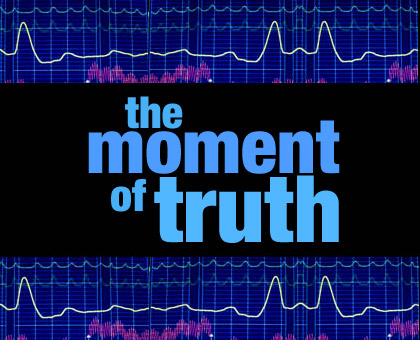Optimized for Psychological Moments of Truth
Thursday, May 5th, 2011 Good cognitive designs pay particular attention (by dedicating features and functions) to psychological moments of truth (PMOT) in the customer experience. Casinos that use real time analytics to know when a high-value gambler is just getting ready to leave the table or a behavior change program that includes a “call your buddy” option when you are nearing relapse are two service designs focused on PMOT. These go far beyond the traditional PMOT of making a good first impression that many designs focus on. Product and service interactions are loaded with PMOT.
Good cognitive designs pay particular attention (by dedicating features and functions) to psychological moments of truth (PMOT) in the customer experience. Casinos that use real time analytics to know when a high-value gambler is just getting ready to leave the table or a behavior change program that includes a “call your buddy” option when you are nearing relapse are two service designs focused on PMOT. These go far beyond the traditional PMOT of making a good first impression that many designs focus on. Product and service interactions are loaded with PMOT.
Anytime you have a strong emotional reaction (e.g. we often hear I love my phone, I hate my insurance company and performance evaluations are a pain) you are experiencing a PMOT success or failure. Products or services that directly involve cognition – education, healthcare behavior change, decision support at work – are dominated by PMOT. These psychological moments of truth are not nice-to-haves or frosting on the service cake, they involve fundamentally important outcomes.
Take for example the need for watchful waiting in healthcare. Patients and clinicians can deal with symptoms that may be best resolved by careful watching versus prescriptions, expensive tests or trips to the emergence room. Yet patients are fearful and clinicians may feel the need to practice defensive medicine. When the emotional stress hits the decision making process we have a psychological moment of truth. Combine that with the cost of care being diffused by a third party and a fee for service model that links not waiting with making money and the PMOT becomes even more intense. We are not dealing with this very well. The result of not adequately supporting the cognition of watchful waiting is a major cost and quality driver in the US healthcare system.